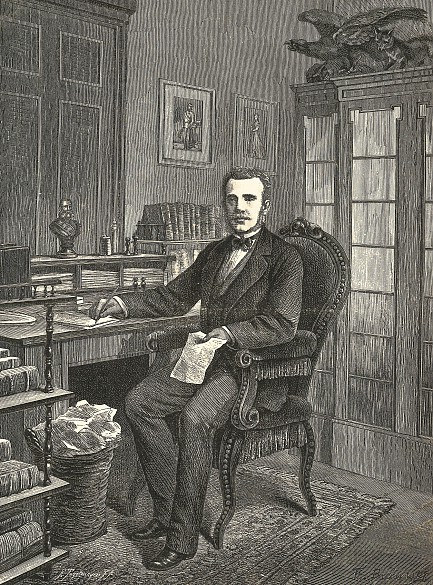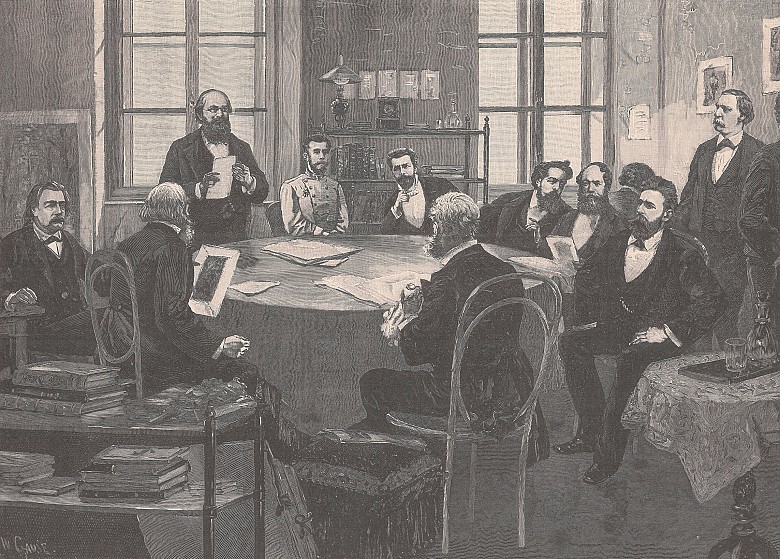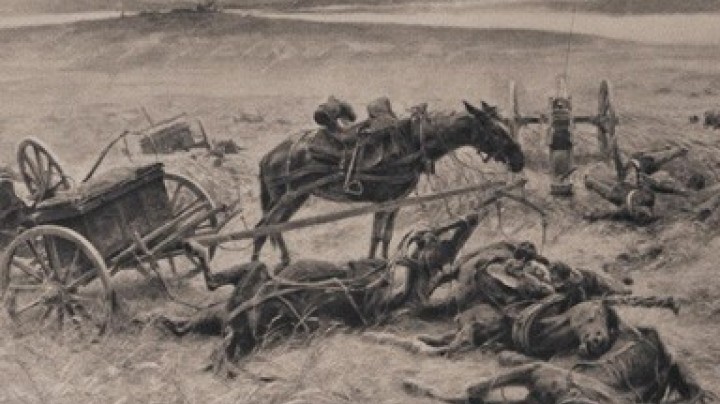The crown prince in opposition to the emperor
Influenced by bourgeois ideals of achievement, Rudolf developed an ambition to be recognized in intellectual circles as a person in his own right and not merely on account of his rank.
Franz Joseph on RudolfRudolf is prattling again!
Rudolf’s view of his position at courtThe lowest petty official has a larger sphere of influence than I! I am condemned to idleness!
He was particularly interested in the natural sciences, publishing a number of treatises in the field of ornithology which received due acknowledgement in professional circles.
The crown prince also undertook a publishing venture as the editor and publisher of the 24-volume series Austria-Hungary in Words and Pictures, commonly known as the ‘Kronprinzenwerk’ in honour of its initiator. In keeping with the motto of ‘unity in plurality’, the ambitious project was intended to foster state patriotism amongst the citizens of a Monarchy that was increasingly threatened by growing nationalist movements.
Rudolf developed extremely liberal political views. His notions were very idealistic, but his visionary ideas seldom contained any solutions for concrete problems. These views led to increasing opposition from his father, the ruling emperor, and Rudolf was forced to publish his controversial views under pseudonyms in newspapers. This placed him in antagonistic opposition to the conservative circles at the Viennese court, where he felt increasingly out of place. Rudolf was forced to lead a kind of double life, outwardly feigning agreement with his father and the leading figures in politics. However, the differences between him and the court became increasingly unbridgeable.














